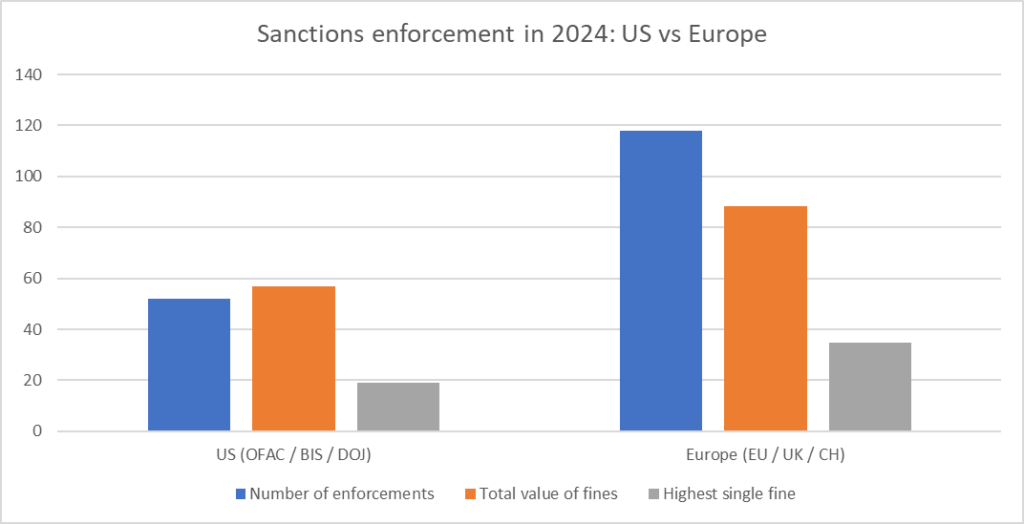It is being reported that the Estonian Prosecutor’s office has successfully completed the extradition of suspect Ivan Anchevsky, after he was arrested in Italy.
The prosecution of Anchevsky for suspected exports to Russian in breach of EU sanctions, forms part of a wider investigation including two unnamed Estonian companies and their boards of directors.
Anchesvsky, who is a citizen of both Estonia and Russia, is suspected of using his companies Melytec and Melytec Testing to export sanctions goods to Russia.

